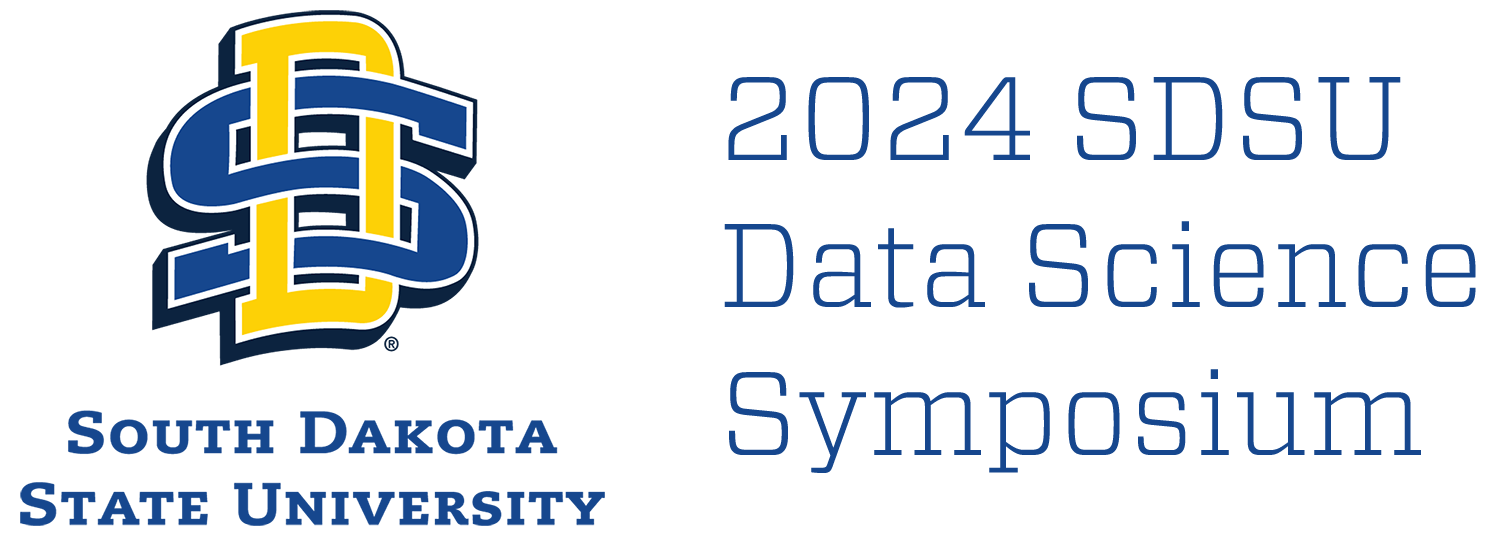Machine Learning Methods used in the Player Ranking System for Team Sports
Presentation Type
Poster
Student
Yes
Abstract
The increasing popularity of team sports has fueled a growing interest in using machine learning methods to enhance player ranking systems. This systematic literature review aims to comprehensively investigate and compare the diverse machine learning techniques applied in team sports player classification and ranking. The primary goals include identifying the methodologies employed, determining the most influential attributes, and recognizing potential gaps in the existing research. The outcomes are expected to guide future investigations and contribute to the advancement of sports analytics. By employing machine learning models, coaches can make well-informed decisions about player roles and strategic game planning, leading to optimized team performance. Moreover, professional sports teams can utilize these models for talent identification and recruitment based on historical performance data. The implications extend to fantasy sports and sports betting, where accurate player rankings are crucial, emphasizing the broader relevance of this research to the gaming industry.
Keywords: Machine learning, Sports Studies, Player Rank, Team Sports
Start Date
2-6-2024 1:00 PM
End Date
2-6-2024 2:00 PM
Machine Learning Methods used in the Player Ranking System for Team Sports
Volstorff A
The increasing popularity of team sports has fueled a growing interest in using machine learning methods to enhance player ranking systems. This systematic literature review aims to comprehensively investigate and compare the diverse machine learning techniques applied in team sports player classification and ranking. The primary goals include identifying the methodologies employed, determining the most influential attributes, and recognizing potential gaps in the existing research. The outcomes are expected to guide future investigations and contribute to the advancement of sports analytics. By employing machine learning models, coaches can make well-informed decisions about player roles and strategic game planning, leading to optimized team performance. Moreover, professional sports teams can utilize these models for talent identification and recruitment based on historical performance data. The implications extend to fantasy sports and sports betting, where accurate player rankings are crucial, emphasizing the broader relevance of this research to the gaming industry.
Keywords: Machine learning, Sports Studies, Player Rank, Team Sports

